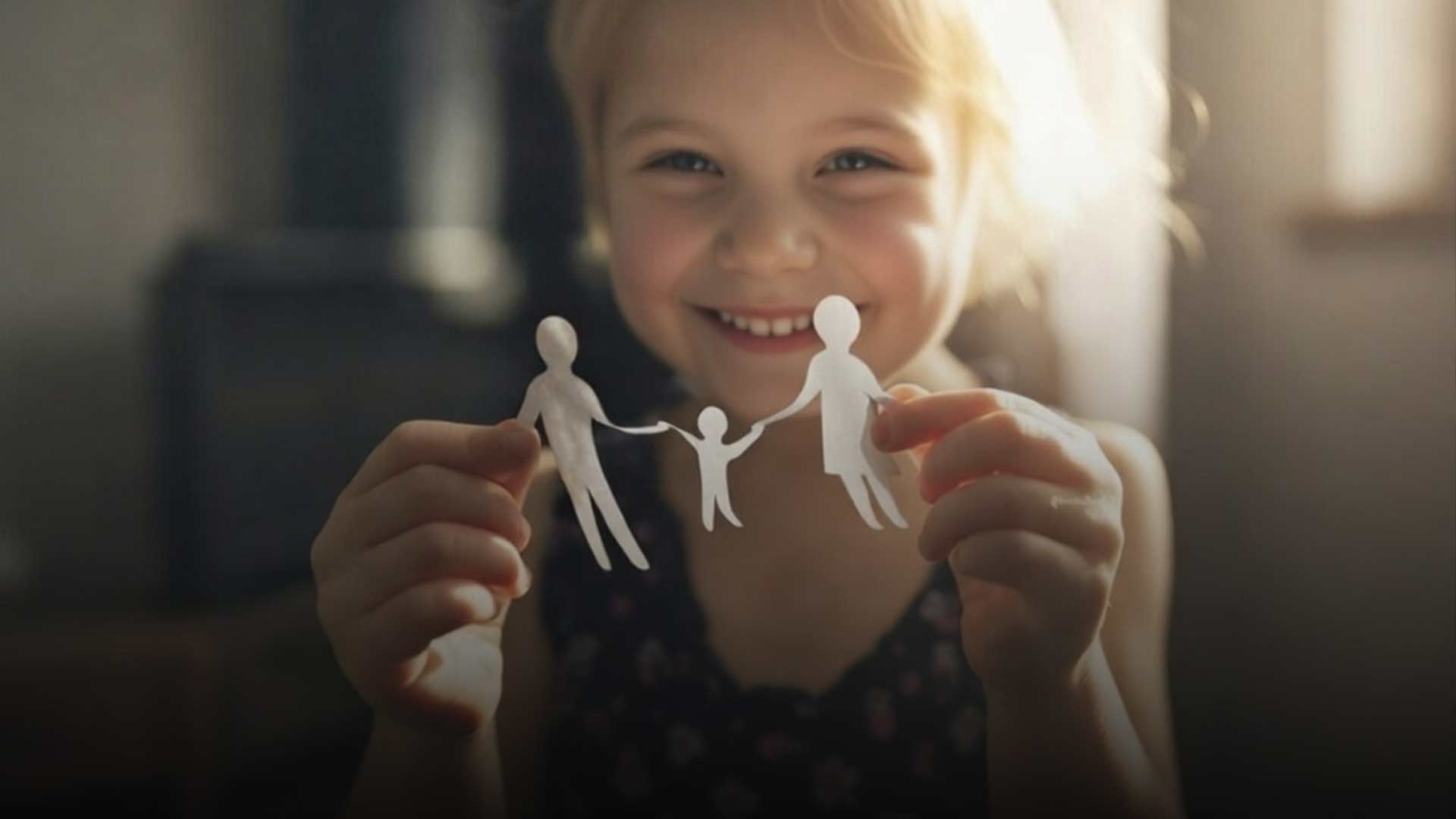
A retired airline pilot, Sherrie Laurie, didn’t see this trip coming. She started volunteering at Anchorage’s Downtown Hope Center and then became director three years ago. Initially she just hoped to demystify the homeless and overcome her general discomfort with the population. Quickly, however, she felt compelled to help meet the growing needs of Anchorage’s most vulnerable women and men.
MEETING ‘HEART NEEDS’
“This began with a Baptist pastor and his wife in 1978, simply making sandwiches and bringing food to the homeless,” said Laurie from her second-floor office along 3rd Avenue.

Outside her office city buses unload men and women who shuffle in for showers, laundry service and warm homemade food. Fifty women reside there, joining with men and women from halfway houses and other missions for vocational training during the day.
Hope Center has come a long way since the late 1970s.
Crisis-level services are well-established in Anchorage, with shelter and meals offered at various points around the city. Hope Center, while taking care of physical needs first, also provides for what Laurie calls “heart needs.”
Vocational training occurs in two phases with students alternating through the building during the day. Chef Tom Christensen was formative in their initial phase and remains a daily presence as the culinary program approaches its fourth anniversary. He’s joined by the kitchen’s assistant manager, Daja Scroggs, one of over 120 graduates of the program.
A total of 33 churches partner to fund the Christ-centered outreach, which accepts zero public funding while staying laser focused on empowering those who may be otherwise overlooked or “administered” to rather than personally loved.
GETTING PAST ‘SURVIVAL MODE’
Immediately warm and disarming, Scroggs recalled her descent into homeless as a disorienting phase following an apartment fire, a romantic breakup and a resolve to be rid of her drug habit. Pulsing throughout was a constant desire to have her son back in her life – to establish real goals and a sense of purpose. “To get beyond the crazy-making survival mode.”
She was known to staff at Brother Francis Shelter just down the street, but struggled to stay clean from spice, methamphetamine and marijuana. After a 30-day stay she had to leave Brother Francis Shelter for 30 days, according to policy. Her otherwise tidy, respectful demeanor earned her a dubious privilege: she was allowed to sleep under their exterior stairs. On the concrete.
“I learned the value of cardboard — especially dry cardboard,” Scroggs recalled. The location was considered safe, in her estimation, because it was illuminated and under video surveillance. But that was all that was coming her way – perhaps re-entering Brother Francis if she could weather March 2015 outdoors for another 30 days.
Scroggs’ first entered the Downtown Hope Center needing clean clothing, which Laurie dispersed from just inside the lobby of a compact, sparkling laundromat lined by individual shower stalls, which are available to all homeless women and men.
“This is where we’re really able to get to know the folks and their needs, because they’re here for hours, doing laundry, warming up, watching television,” Laurie explained. “When I met Daja, she was soaking wet, hungry and in need of dry clothing. When she explained her situation, I said, ‘why don’t you stay here?’ She looked up and said, ‘I didn’t know I could.’”
With private funding they can make judgment calls that government-run charities can’t.
The affable, eager-to-please Scroggs now bustles through the kitchen and tends to the needy with maternal efficiency.
“I’ve got a lady who can’t have dairy or gluten, so today’s salmon chowder is a no-go,” she explained while delivering a Cup-o-Noodles and fresh fruit through the food line to a hungry woman.
In the dining hall, Laurie greeted a woman named Audrey, who looked to be about 30, bundled from head to toe in colorful wool and weatherproof fabric. She acknowledged her happy completion of the program as Laurie invited her to work in the kitchen anytime, to help out again.
“Too many people back there now,” Audrey demurred.
Laurie pressed with encouragement: “Daja’s always looking for help.”
Audrey flashed a smile and a shrug, seeming content.
“I was so angry when I first got here, Miss Sherrie,” she recalled of her first days at Hope Center. “I didn’t want to sign a contract.”
STAYING ‘IN THE MIX’
Hope Center maintains strict rules against drug consumption, and residents must agree in writing to work towards sobriety. That being said, policies don’t drive human interactions to an unequal degree, and with private funding they can make judgment calls that government-run charities can’t.
Laurie works to unpack the core wounds underneath the alcohol and drug use – so often a symptom of major trauma. Piled on top of that are the physical and mental woes of life outdoors, where neglected health takes a toll.
“It takes work to maintain a spiritual environment,” Laurie admitted.
Life skills classes, which are intentionally co-ed, really drill down to years of dysfunction and allow for clear minds, then healing. Christian worship services are led each weekend, and staff begin each day with intentional prayer and worship for an hour, entrusting the behemoth task to God and making themselves willing vessels by which others might find aid.
The heaviness of the sorrows, though, can weigh down even the most resolute Christian soul. In group settings Hope Center staff help people work through chronic addiction, violence, abuse, generational sex trafficking, mental illness and unspoken crimes.
“It takes work to maintain a spiritual environment,” Laurie admitted.
Daja Scroggs, who now bakes for in-house needs as well as a growing network of retail outlets such as coffee carts, tended to her rack of warm cookies last week. She lives next door in her own apartment, owns a car and welcomes her son for visits most weekends. He stays in the Mat-Su Valley with Scroggs’ mother and is a first-degree black belt in taekwondo. She contrasts her independence with the growing pains it took to reach this success.
“Sometimes I visit here,” she said, “just to stay in the mix.”






